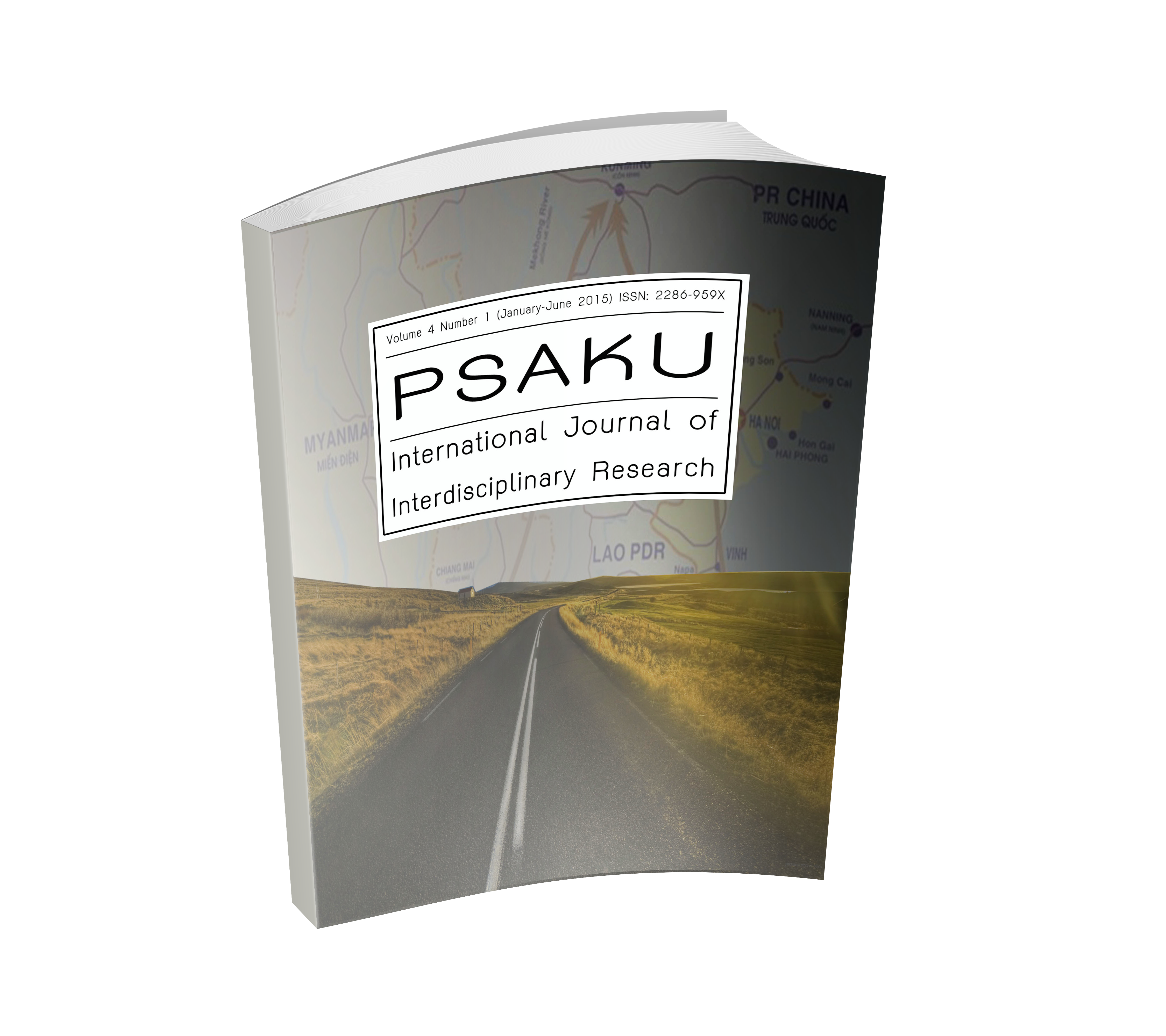The Roles of Buddhist Ecclesiastical Officials on the Conflict Management in the Community
Keywords:
Buddhist Ecclesiastical Officials, Management, Conflict, CommunityAbstract
This research has the objectives 1) to study the results of the conflict management in the community 2) to study the role of Buddhist ecclesiastical officials on the conflict management in the community, and 3) to propose the way to manage the conflict to be suitable for the community. This research combines the methods of both qualitative and quantitative methods, the qualitative method is implemented by the in-depth interview and the focus group with the 30 important informants consisting of 10 informants from the sub-district headman, village headman, and the officers in the local administration; 10 informants from the local community school teachers; and 10 informants from the monks, academic personals, the local developing Buddhism experts. The data analysis employs the content implication consisting of the translation from the questionnaire interpretation if the one who is the core to drive the community. The quantitative method is implemented by collecting the data with the questionnaires from the samples of 81 monks and 400 citizens living in the Phichit province, total sample is 481 people defining the sample size by the Taro Yamane formula methods and analyze the data with the means, standard deviation, and hypothesis testing by the multiple regression. The result found that 1) the result of the overview of the local conflict management is in the high level and when considering of each 3 management part is in the great level by ranking from more to less: the highest ranking is the conflict reduction following by the more using of the reasons to solve the problems, and the negotiation when having the conflicts respectively. 2) the roles of Buddhist Ecclesiastical Officials on the conflict management in the community has 3 roles which are the role of Buddhist Ecclesiastical Officials and community, the role to manage the conflicts, and the role of factors to solve the community conflicts consisting of 10 factors such as providing the knowledge following the dharma principles, being the developing monks, supporting and cooperating the community conflicts, participating, negotiating by Buddhism way, management, role, dharma, and disciplines at the statistically significant 0.05. Then, it can explain the variation of the roles of Buddhist Ecclesiastical Officials on the conflict management in the Phichit community at 69.00%. 3) the way to manage the conflict to be more suitable for the community is proposed with 5 important components, which are (1) It should have the network development of the prevention and manage the community conflicts in the form of house, administration, temple, and school to solve and heal the local conflict (2) the government should provide the budget and academic knowledge to the community (3) the government should establish the data and knowledge exchange center to prevent and manage the conflict in each area (4) It should have the pattern of the local community committee (the four noble truths) and (5) It should have the pattern of the problem solving of the local community committee (the four noble truths).
Downloads












.png)


